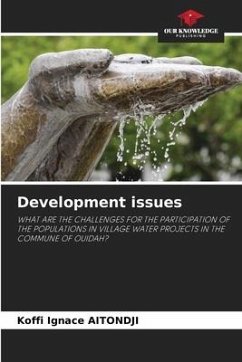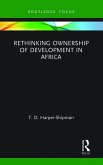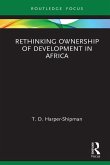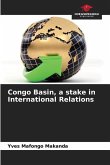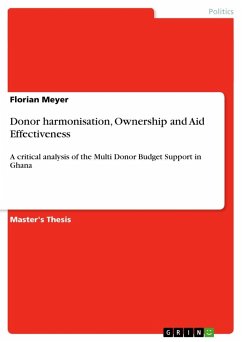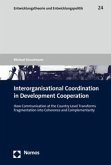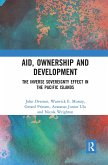The failure of village water supply projects and the consequences that it has generated raise enormous questions about the participation of populations in development actions. This research proposes to investigate field practices in order to see how participation translates into two of its main objectives, namely the reconfiguration of powers in favor of the poorest and the self-development of local communities. It was conducted in the districts of Pahou and Avlékété and is part of a qualitative research approach that favors the collection of data through in-depth qualitative interviews based on interview guides developed according to the categories of actors. Thus, the introduction of a project into the local political arena in Ouidah is confronted with a complex dynamic of action logics and power issues. The appropriation is made with a political aim that reinforces the relationships of inequality and domination within the local communities.
Bitte wählen Sie Ihr Anliegen aus.
Rechnungen
Retourenschein anfordern
Bestellstatus
Storno

